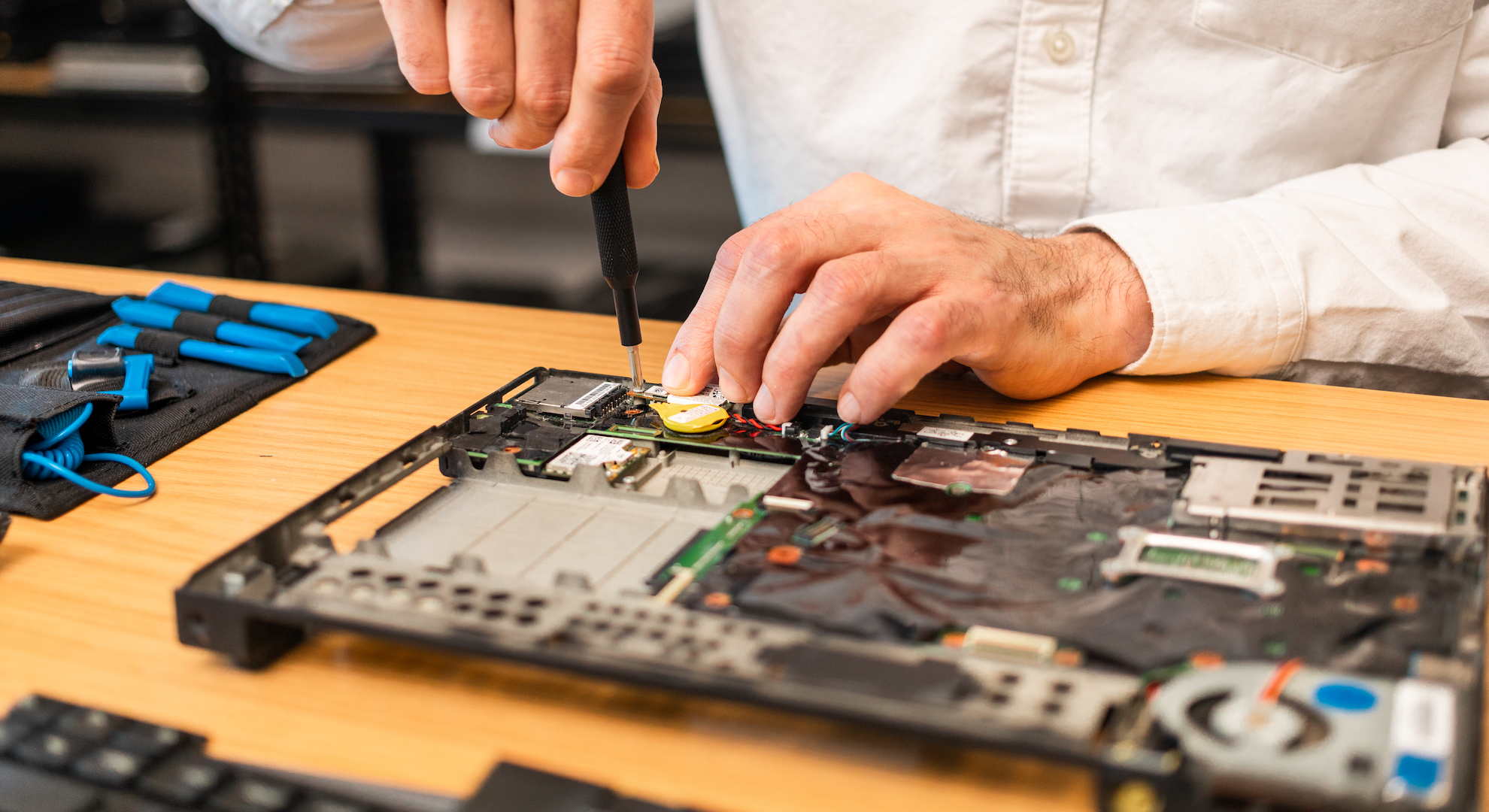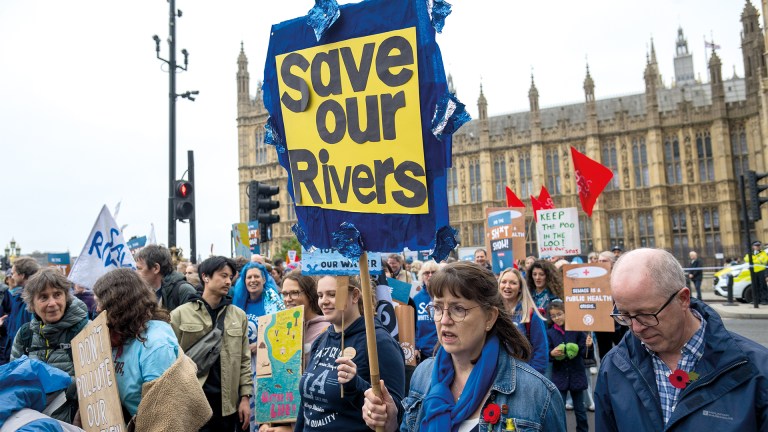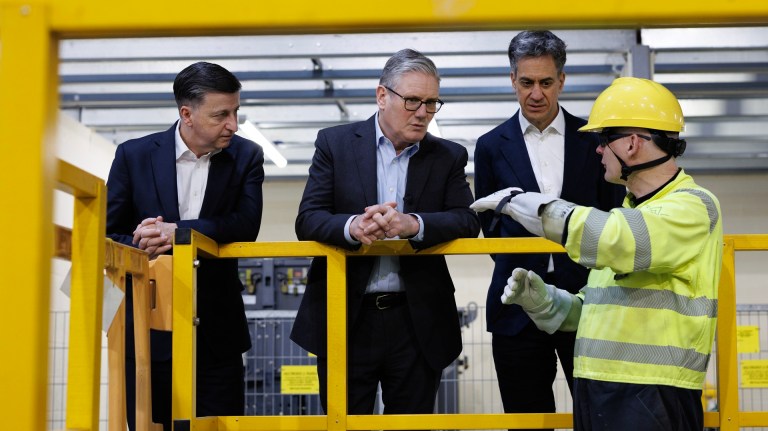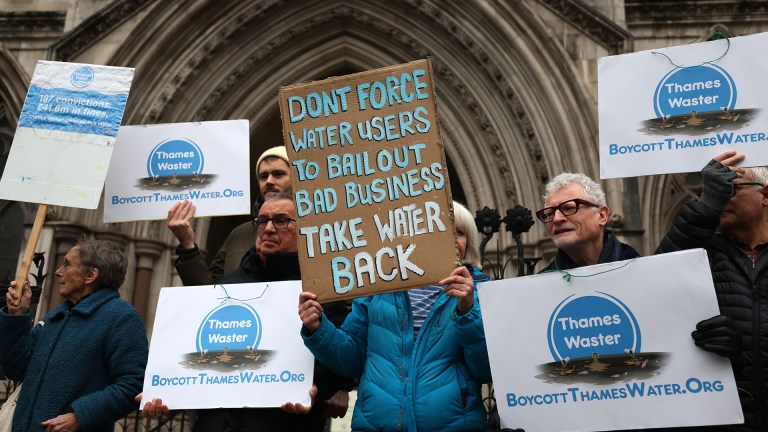Londoners wasted nearly £3bn worth replacing repairable items last year, new research has revealed – wasting more than £450 per person.
It seems hard to fix stuff. Maybe your phone is glitching out. Or your freezer is on the fritz. Or your wheelie chair won’t spin. Unfortunately, whatever it is you need repaired, it can feel easier to simply buy a replacement.
But new analysis has revealed the staggering financial cost of our throwaway culture.
Censuswide research – commissioned by London Recycles – shows that Londoners discarded an estimated £1.9bn worth of repairable items last year, an average of £269.42 per adult in London. This is a £100m increase from a similar survey commissioned by the campaign a year ago.
On average, the capital’s residents forked out an average of £459.80 to replace these damaged or broken items that could have been repaired – totalling £3bn overall.
Why does stuff break so easily?
In the modern world, stuff is often built to break. If it’s difficult to fix something, it’s more likely you’ll simply buy a new one – generating profit for the manufacturer.





